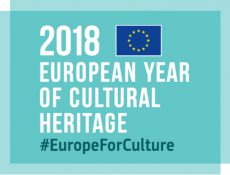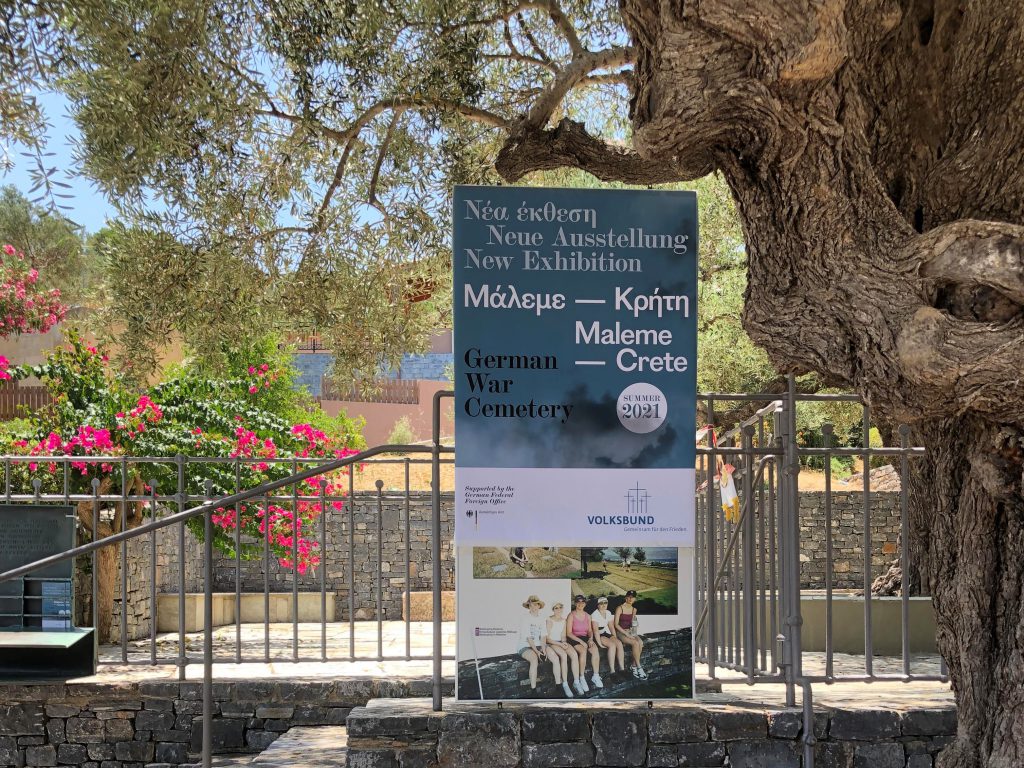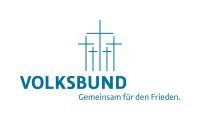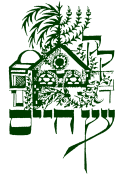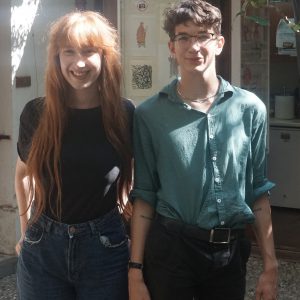The Heritage Contact Zone (HCZ) Project
.
Between 2018 and 2020, Etz Hayyim Synagogue was part of the Heritage Contact Zone (HCZ) consortium along with six other European-based institutions in this EU-funded project that deals with contested, neglected or marginalised heritage. The project aimed to develop innovative and inclusive forms of heritage representation, using heritage as a space for dialogue and making conflict constructive. At Etz Hayyim, this project challenged us to explore new ways of engaging with the local community that go well beyond the inclusive narrative of the place of the Cretan Jewish community within the larger history of Crete and Greece which we present to our visitors.
.
For Etz Hayyim, HCZ was the first major European collaborative project and thus, an exciting opportunity to learn from the diverse experiences, projects and methodologies employed by our six project partners from the Netherlands, Hungary, Romania, Germany, Italy and Belgium. The two-year project, now fully documented on the HCZ website (https://heritagecontactzone.com/), produced four major outcomes: five local exhibitions of which one was in Hania; a ‘toolkit’ for working with contested heritage (a toolkit being an aid for other heritage organisations in developing initiatives that create new memory communities and engage the public in creative ways); five new permanent “heritage contact zones” which included Hania; and lastly, the online conference, Open Up! which concluded the project.
.
One of the major outcomes of our collaboration with the HCZ project was the exhibition, Parallel Points of View that was shown in Hania in October 2019 (see http://heritagecontactzone.com/hania/ for an online version and interview with the exhibition team). The exhibition presented ten alternative perspectives on the history and society of Crete that covered the mediaeval Emirate of Crete, Ottoman Crete and today’s Muslim presence to Romaniote and Sephardi Jewish views, and the women’s perspective, together with views from the Roma, LGBTQ+, expatriate and refugee communities. The exhibition was co-created in participatory workshops with ten groups representing the various perspectives which resulted in a compilation of individual stories and objects. In the exhibition, these objects were juxtaposed with works by some contemporary Cretan artists. Konstantin Fischer, a local artist and Etz Hayyim Havurah member, curated the exhibition for Etz Hayyim as part of the HCZ project.
.
Also check out our Hania Jewish Quarter Virtual Tour for exploring the centuries-old former Jewish neighbourhood, Evraiki. It was another outcome of the project. A city map was also published in print as part of the EU-funded project and is now available from the Etz Hayyim office.


